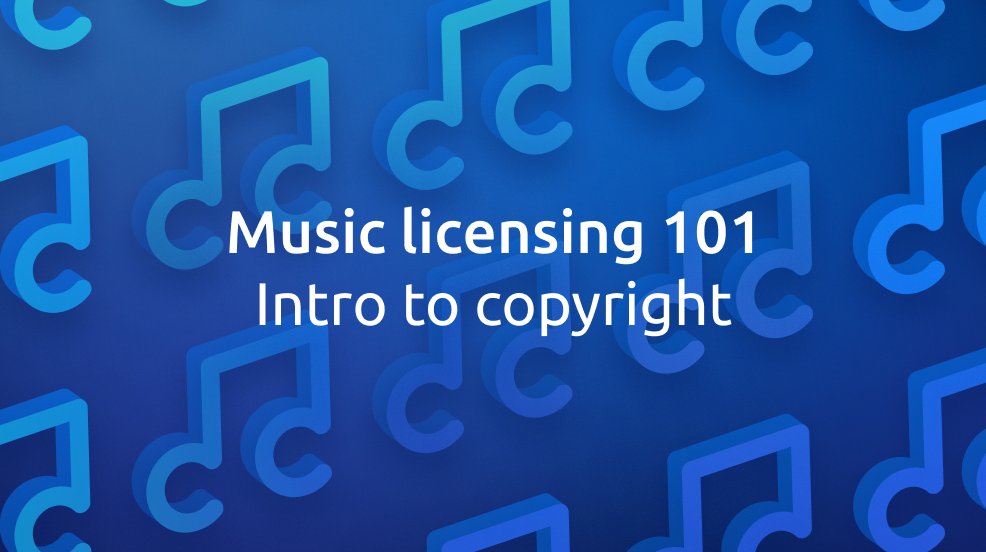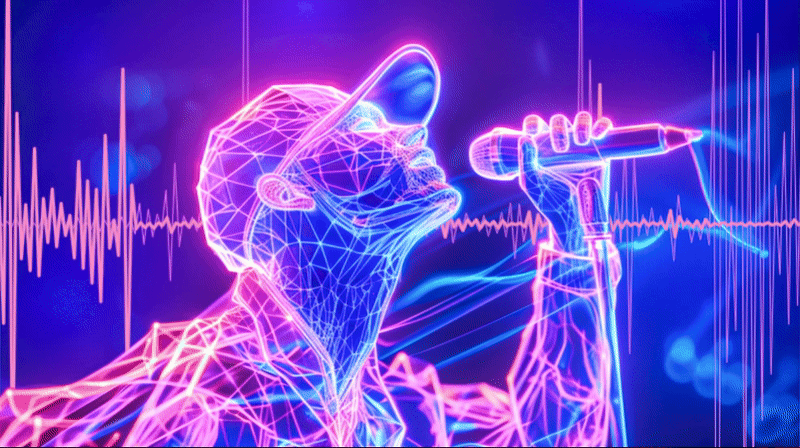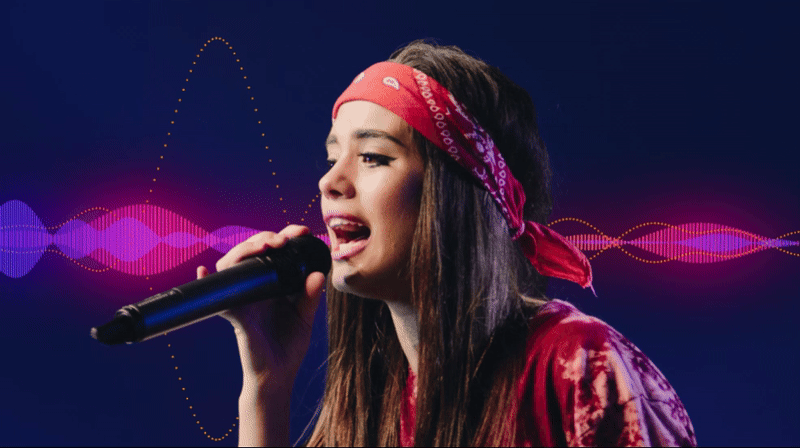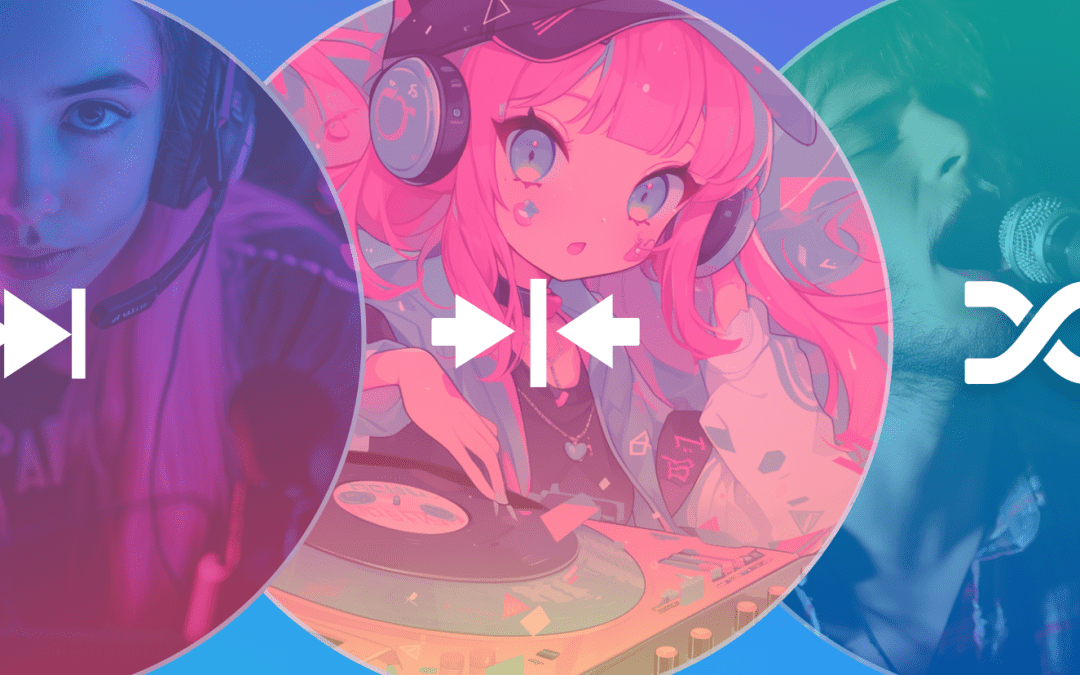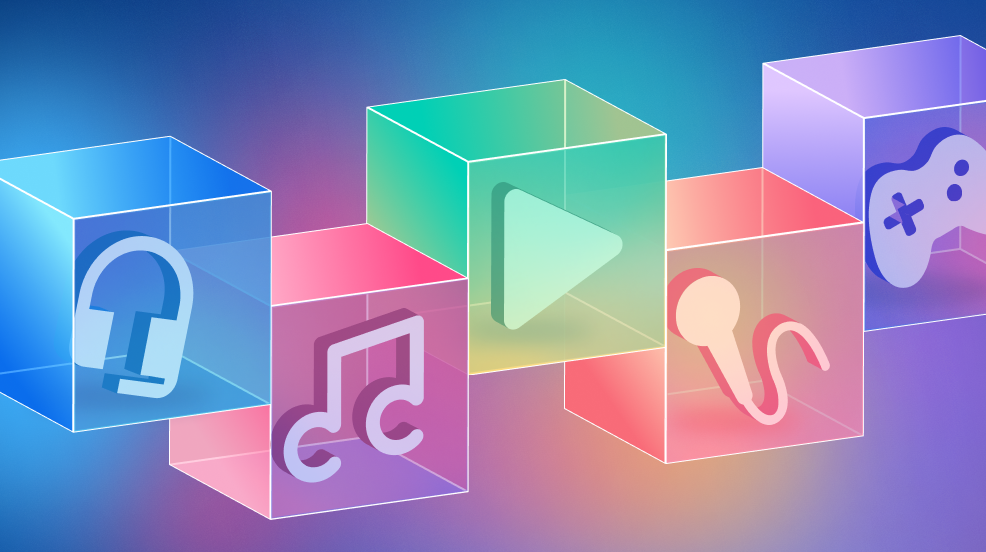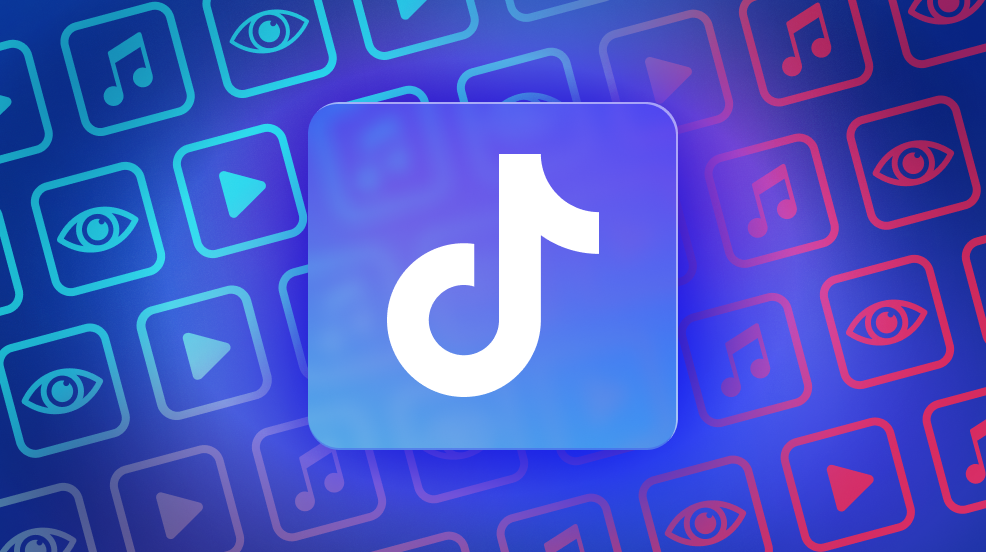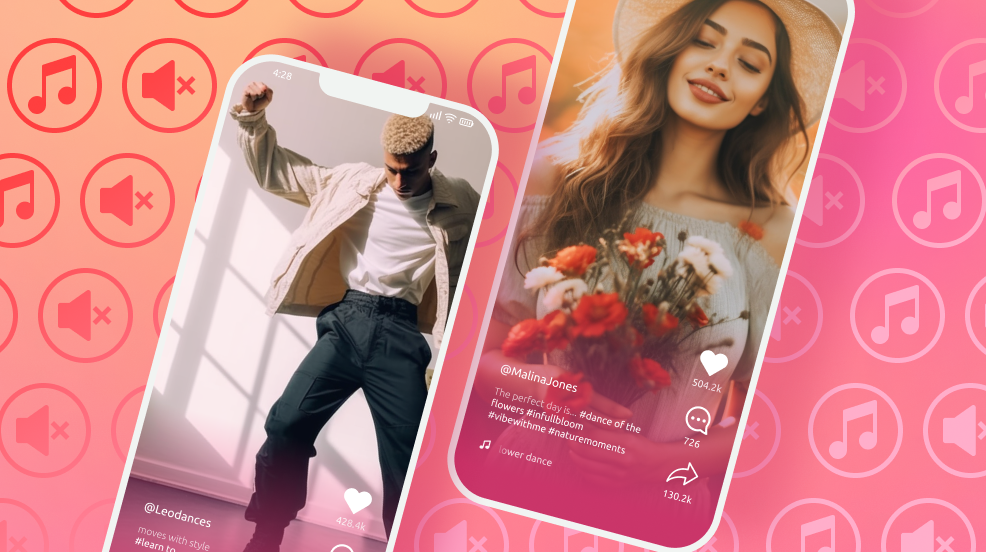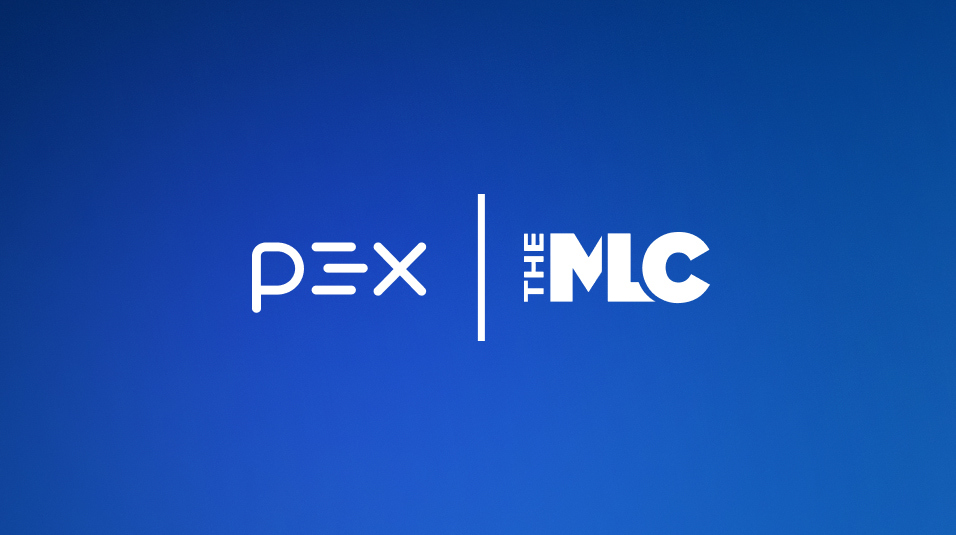The entire creator economy benefits from proper music licensing. User-generated content (UGC) platforms and music rightsholders both benefit from a positive working relationship, and as a result, content creators and advertisers reap rewards.
I’ve spent the entirety of my career working in the music tech space that operates between rightsholders and the UGC platforms that distribute and make music available to consumers. I’ve learned firsthand how difficult it is to license music and report on royalties properly. Without access to widespread licensing agreements, creators often suffer from takedowns as a result of using copyrighted content without permission. Rightsholders discover uses of their copyright at varying moments in time, which can lead to successful content being removed even after reaching a significant number of views.
Music licensing for UGC platforms
Several factors contribute to a fragmented music licensing process for UGC platforms, even for the biggest players. For example, there are different types of music copyrights for various uses, each of which need to be properly licensed. Additionally, UGC platforms need to know when their creators have uploaded copyrighted content so they can remove any unlicensed uses. If rightsholders wish to keep certain songs off of social media or prevent leaks, this creates additional challenges for platforms.
To help create a better understanding of the complexities of music licensing, Pex has created a free eguide: Music licensing 101 for UGC platforms, where you can learn about both the basics of copyright and the complex world of music licensing.
This blog series previews the first part of the guide, which focuses on the basics of copyright and music licensing. Our next blog will examine the importance of music licensing for UGC platforms and the shifting legal landscape that’s changing copyright requirements for platforms. Let’s get started.
What is copyright?
Copyrights are legally defined as “limited duration monopolies,” meaning that copyright owners get certain exclusive rights over their creative work for a period of time, giving them control and decision-making power over who uses their content, how they use it, and on what mediums they use it. The owners’ rights to exclusive control of a creation’s use is actually laid out in the U.S. Constitution – “to promote the progress of useful arts.” Basically, if copyright didn’t exist, then people would be less economically-incentivized to create and innovate because anyone could rip off or monetize their work.
The two types of music copyrights
Before we review the licenses needed for music, let’s examine the different types of music copyrights that exist and what rights are granted for owners of these “limited duration monopolies.” For every song, there are two different types of creations, both of which are separately copyrightable.
- The first is the master recording or sound recording, which is the actual recording of the song.
- The second is the composition, which is the melody and lyrics.
Both composition and master recording copyright owners derive certain exclusive rights in their creations under U.S. copyright law and are entitled to receive royalties in return for licensing those rights. Among the exclusive rights granted to composers and songwriters in their compositions are mechanical rights, the right to reproduce and distribute copyrighted compositions. Composers will oftentimes enter into agreements giving partial ownership and/or administration rights to a music publisher. The music publisher provides various services to the composer in exchange for a share of their royalties.
Also under U.S. copyright law, composers are granted the exclusive right to approve adaptations and derivative works — a newly created work based on preexisting copyrighted content. For example, when a song is remixed or sampled to create a new song, the new underlying composition is a derivative work.
Another exclusive right granted to composers is the right to publicly perform their works, which allows the composer to earn royalties whenever their compositions are performed publicly (such as a bar, a music venue, broadcast, or a streaming service). The royalties generated from public performance are tracked and collected by Performing Rights Organizations (PROs) or Collective Management Organizations (CMOs).
Download the free eguide to learn more.

